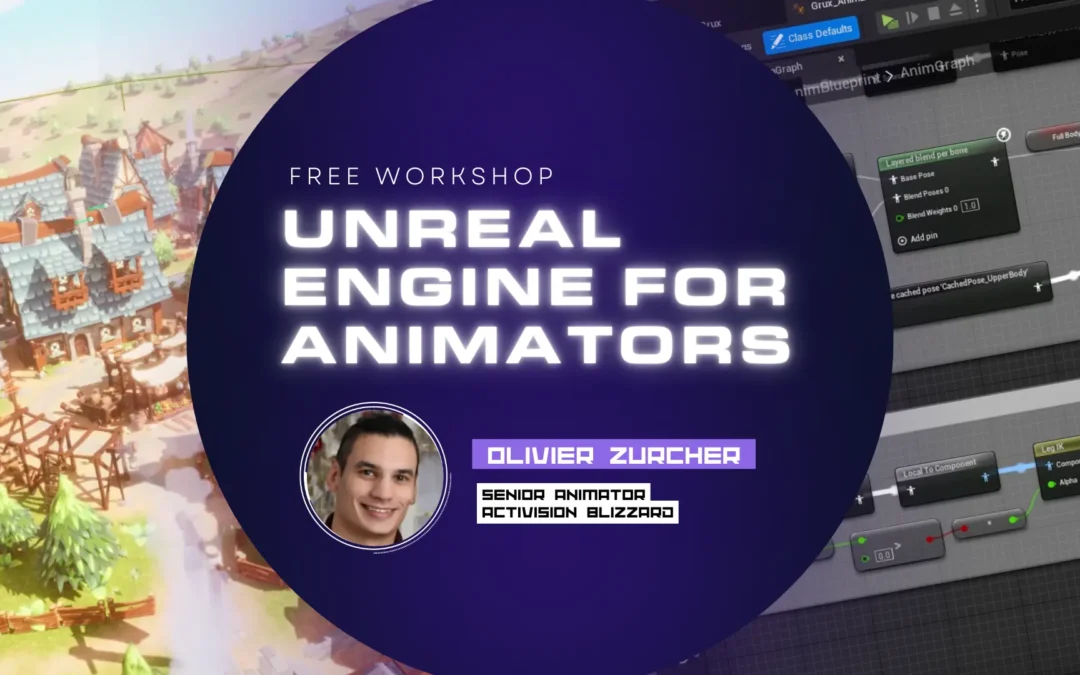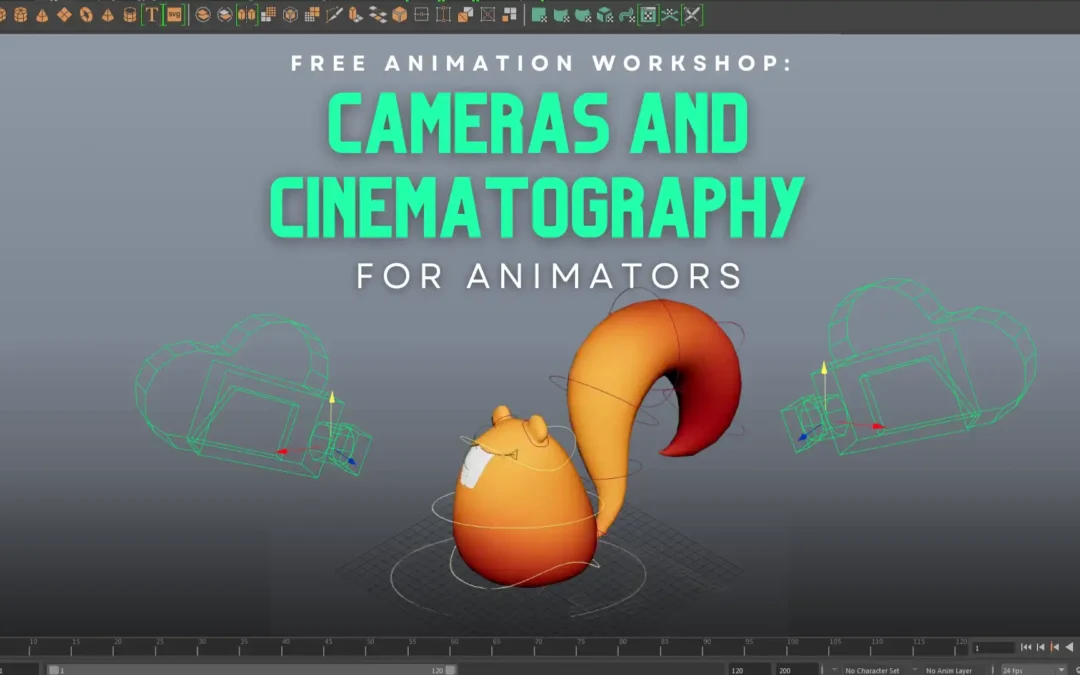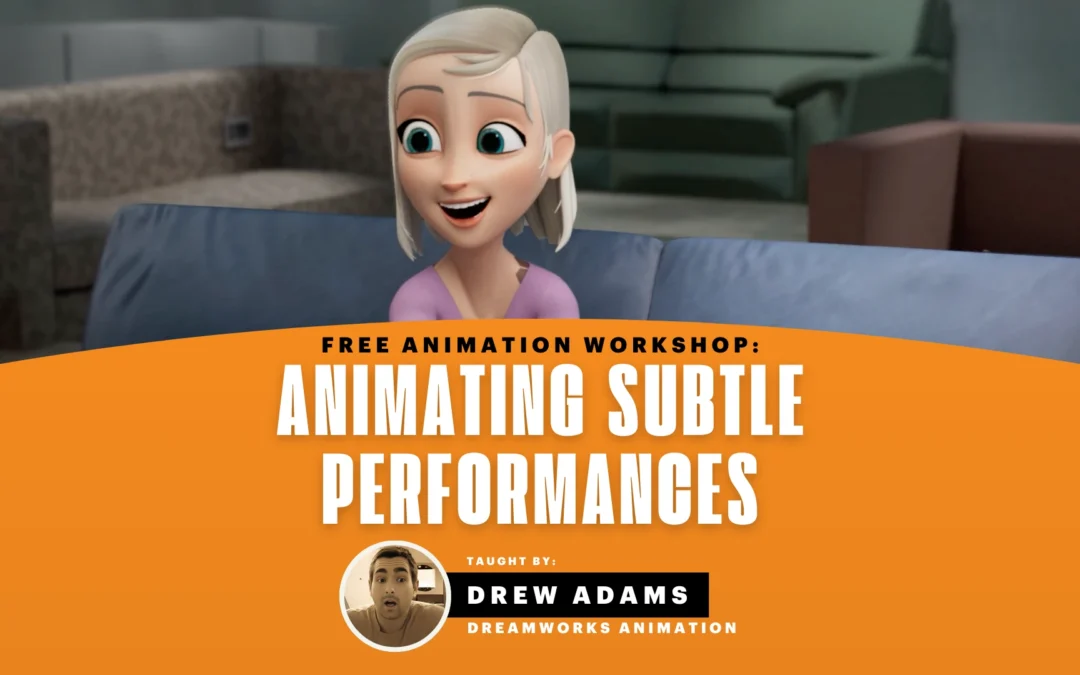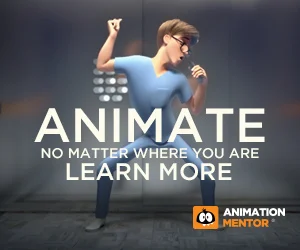
You hear about it all the time – good communication skills are the key to success in life, work, and relationships. It’s no different with animation. Animators must have creative abilities, problem-solving and production skills, all topped off with effective COMMUNICATION. We have a special guest blogger, Richard Fournier, Blue Sky Studios Animator, Animation Mentor alumnus, long-time mentor, and an all around great guy talks about how you can communicate effectively with your mentor and colleagues. Read, get inspired, and rock your communication skills!
– The Animation Mentor Crew
- Communication with Your Mentor
- Q&A: Q&As are the best time to communicate with your Mentor. Things can be discussed much faster 1-on-1 than having them type out an email, and if you have additional questions, you’re able to address them on the spot. When I came through this program, I tried to ask as many questions as I could and get as much information out of my mentors as possible. What better way to find out what it’s like to work in the industry than to ask someone who has that experience? I am amazed at how quiet some Q&As can be. Take advantage of the access you have while you have it! I tell my students to be as active as they can in Q&As because one question can lead to another and can spark a really great conversation that will help multiple people. This is a great time to ask any questions you may have about your shot, the lecture, or the industry in general.
- Email: Emailing is the best way to reach out to your mentor when you have additional questions during the week. I would however try to limit this to shot specific questions that are best answered before the assignment is submitted. Also, try to email them in a timely manner and be respectful of their time. Earlier in the week is better. We’re here to help you (and like to!), but remember we’re not on call 24 hours a day. At a brick and mortar school you wouldn’t call up your professor on a Saturday night and ask them a bunch of questions. To me, it’s best to carry this same mentality into AM. It also shows you’re not waiting do your assignment last minute. 🙂
- “Note to Mentor” on assignment submission: This is the perfect time to let your Mentor know what problems you’re having with the assignment. Are you having issues with the timing during a specific part of your shot? Not sure how to solve that tricky spacing issue? Type it all out in the notes, and you’ll most likely receive a better, more specific critique than you otherwise would.
- Communication with Other Students
- Communicate with Yourself
Communication is an essential tool you should use at Animation Mentor to maximize your experience during the program. It’s also a skill necessary to performing in the workplace, and pretty much every other aspect in life. Being active and keeping lines of communication open to others around you will help in tremendous ways.
For this article, I’ve focused on communication while at Animation Mentor. I feel that communication can be broken into 3 distinct categories:
Communication with your Mentor is an essential part of life as an AM student. Good communication allows you to inform your mentor where you feel you are during any particular stage of your project. It also shows them if they should focus on any specific areas you may be having issues with in your critiques. Here are a few options available to you that allow you to communicate with your Mentor.
It is EXTREMELY helpful to get the eyes of other students on your work. These mid-week critiques by your peers can help weed out a lot of problems in your shot, and help you turn in an even stronger assignment than if you were animating it alone. I learned as much from my friends at AM as I did my Mentors and from the lectures. Everyone has different ideas and different opinions that can generate an idea which you hadn’t thought of. I always had my “go to” students that I wanted to look over my work during the week. We all tried to push one another and help each other do the best assignments that we could. I still keep in contact with many of them, and from those initial critiques, it’s turned into a great network of friends throughout many film and game studios.
It’s also important to critique other students. The more critiques you give, the sharper your eyes become, and in turn you’ll be able to pick problems out of your own work much more easily. We used to try to post 5 meaningful critiques a week. Try it, your observation skills will go through the roof, and you’ll be helping someone else. Win / Win.
There are students who have started study groups using google hangouts the same way we do during Q&As. If you’re not part of one, seek one out or start your own! You’ll never know what could come out of it.
This one is very underrated. Are you feeling tired and run down? Uninspired? Chained to your desk? Get up and go outside! Take a break! I hear so many students say “I’m so tired, I was up working on my shot all night and now it looks worse!” It’s true that you can become blind to certain things when staring at a shot for too long. Even stepping away for 15-20 minutes can freshen up your eyes and help you dig out problems you may not have seen before. The more tired you become, the more likely it is you’ll make poor decisions and that will reflect in your work. Take care of yourself and other things will start to fall in line.
You can also learn tips and tricks from my “Time Management” article.
As you can see, there’s more to communication at AM than sitting in a Q&A for an hour every week. Develop the skills to communicate your ideas clearly and concisely and it’ll help you throughout your entire career.

Richard Fournier is an alumnus of Animation Mentor and is currently animating at Blue Sky Studios based in New York. You can see some of his work in the upcoming film, The Peanuts Movie, and other work such as Rio 2, and Epic. He is also a veteran mentor at Animation Mentor since 2010. He’s taught Animation Basics, Body Mechanics, and Advanced Body Mechanics.



